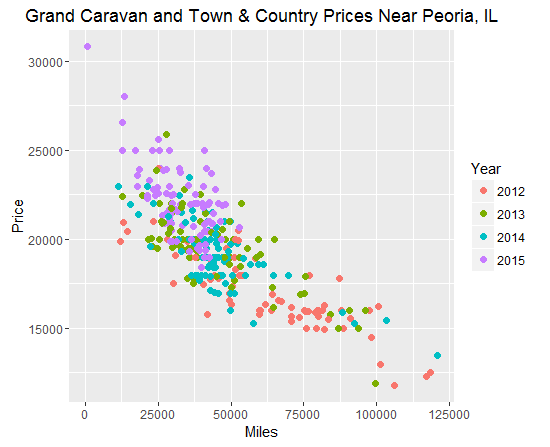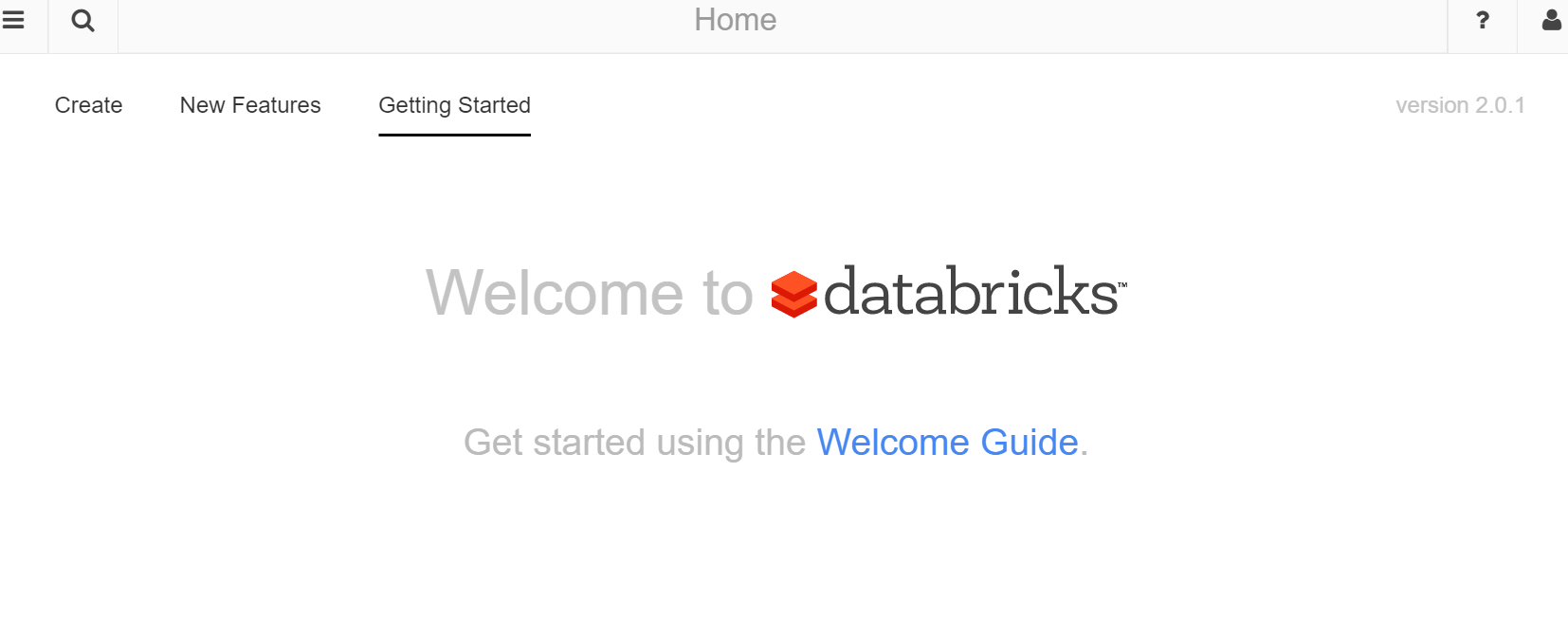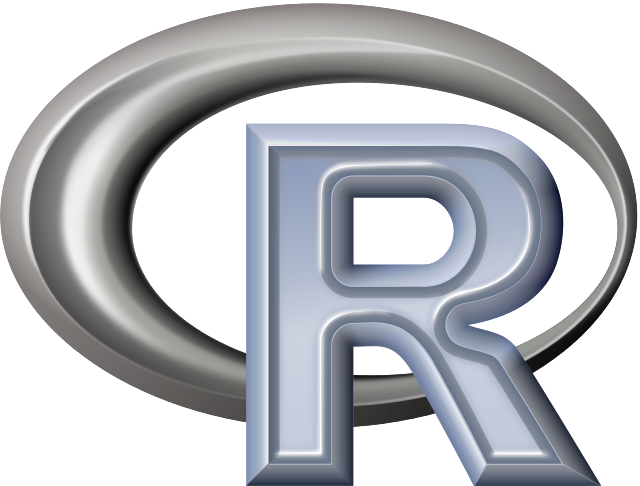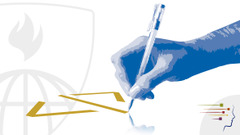Retro Game Retrieval Engine Design
I’ve got a new Shiny web app that I’ve embedded on another site where I’m doing some experimental things, and I wanted to talk generally about how I created it. The web app can be found at the following link that allows the user to do interactive searches for similar classic games for home consoles from what are generally known as the third generation (NES, Sega Master System) through the sixth generation (Wii, PS2, Xbox).








